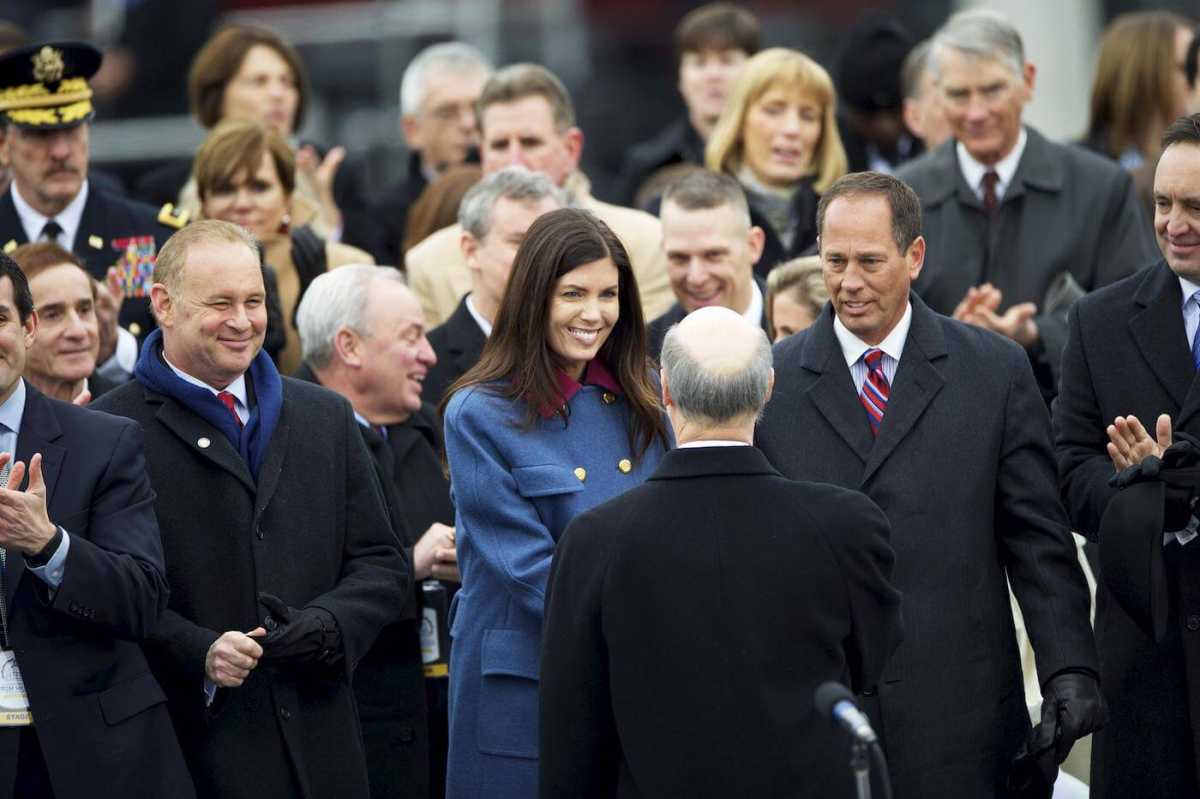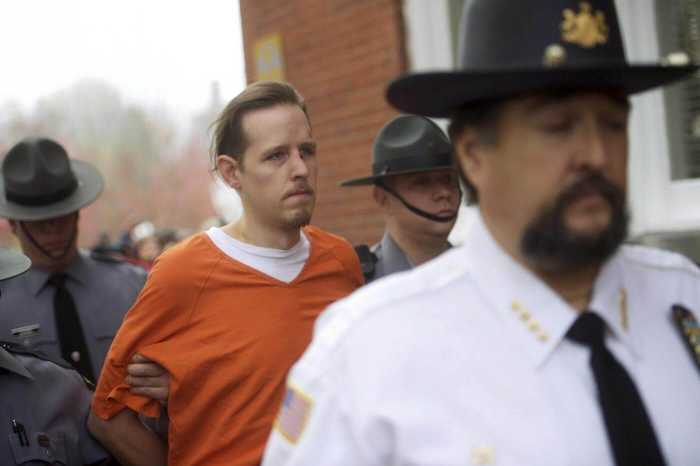By Elizabeth Daley
PITTSBURGH (Reuters) – The Pennsylvania Supreme Court temporarily halted the filing of charges against Attorney General Kathleen Kane in a media leak case while it decides whether the appointment of a special prosecutor assigned to investigate her was legal, her lawyer said on Thursday. The court will hear oral arguments in March to determine whether the appointment of Special Prosecutor Thomas Carluccio by Judge William Carpenter was a potentially illegal conflict of interest, said Lanny Davis, an attorney who represents Kane. “If the Supreme Court rules he is unconstitutional, everything he’s done is illegal,” Davis said, adding that any investigation into the Democratic attorney general would need to start from scratch. A special grand jury recommended charges of perjury and obstruction against Kane in connection with an allegedly illegal media leak to the Philadelphia Daily News. The article resulting from the leak was critical of the office of Kane’s Republican predecessor. Davis said Kane admitted to providing the media with information, but he said the 2014 memo she provided had nothing to do with 2009 secret grand jury information she is accused of leaking.
“She has repeatedly stated she has done nothing wrong. She told the truth to the grand jury at all times; there can’t be a perjury charge when you are telling the truth,” Davis said.
He pointed out that the grand jury appointed to investigate her did not recommend charges of violating the secrecy of a grand jury proceeding.
In addition to recommending charges against Kane the grand jury investigating her recommended changes to state law which would force journalists to reveal the identities of confidential sources in certain cases. The shield law, designed to protect journalists from being forced to reveal the identity of confidential sources, made it initially difficult to determine who had leaked information to the newspaper, according to the grand jury report released Thursday. If reporters were forced to testify, the panel’s deliberations would have been more complete, it said. Melissa Melewsky, legal counsel for the Pennsylvania News Media Association, criticized the recommendations, pointing that the investigating panel was able to reach its conclusions even with the law in place.”When you chip away at protections for the press, you diminish their ability to do their constitutionally protected job,” she said, “The change suggested by the grand jury could stifle sources and undermine democracy.” No formal charges have been filed against Kane. If convicted, state law would require Kane to resign. (Reporting by Frank McGurty; Editing by Richard Chang)
Pennsylvania high court halts any charges against attorney general

By Elizabeth Daley



























